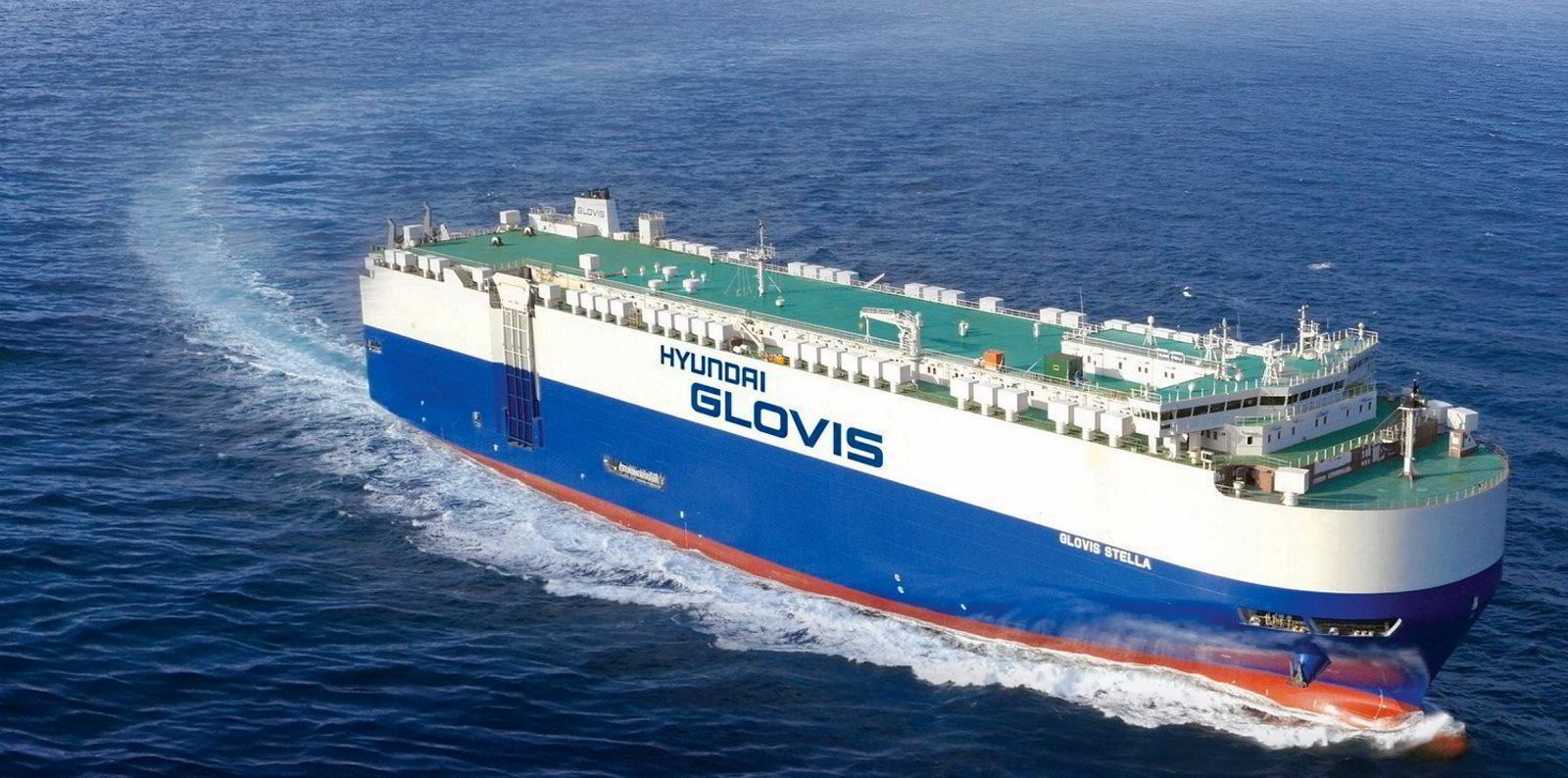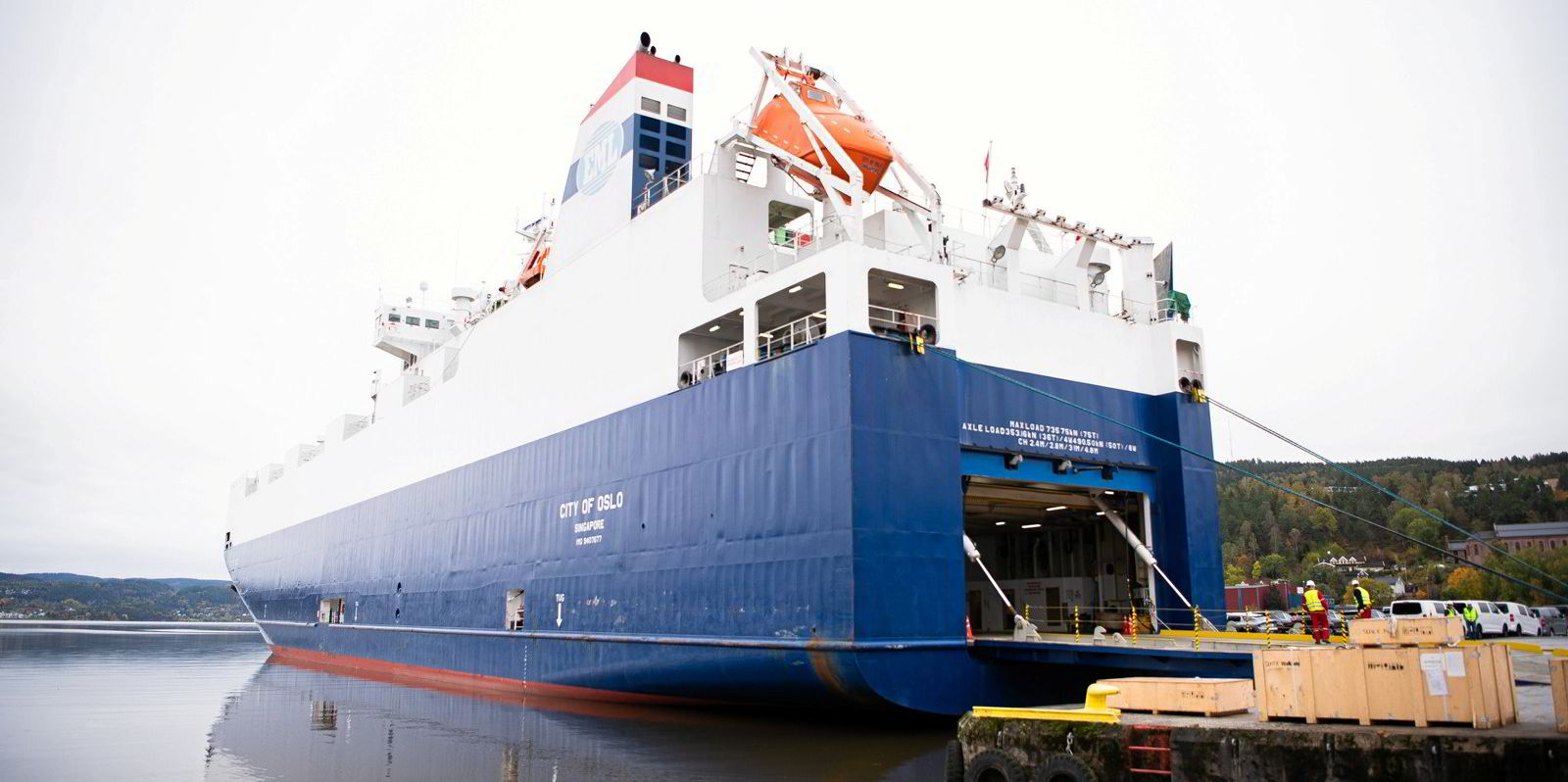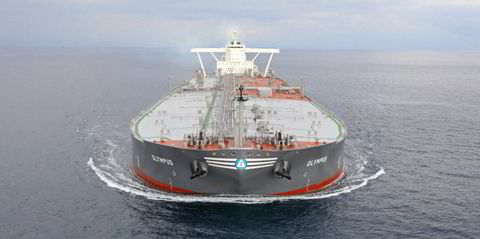South Korea's Hyundai Glovis has landed a year-long shipping contract valued at KRW 501.8bn ($422m) to ferry cars produced in China to Europe starting from January.
Executives at Seoul-based Hyundai Glovis confirmed the existence of the contract but declined to comment on the identity of the automaker involved.
However, the deal has not gone unnoticed in the market, with car-carrier shipping sources identifying the counterparty as electric carmaker Tesla.
Tesla's deal is said to be the largest car-carrier contract for Hyundai Glovis since it made its debut in the segment in 2008.
It is not known if the company will be fixing more pure car/truck carriers to transport Tesla's cargo amid the current tight supply car-carrier market.
Car-carrier brokers said there are no vessels available for charter and the situation could continue into the spring.
Hyundai Glovis controls close to 100 pure car carriers and PCTCs and its fleet is mostly used to transport automobiles for Hyundai Motor and Kia Motors.
The South Korean company is also shipping finished cars for Volkswagen Group from ports in Germany and England to China. The contract with the German carmaker includes transporting Audi, Volkswagen, Porsche and Bentley-branded vehicles.
Volkswagen's five-year charter contract, which was reported to be worth $432m, is due to expire in December 2024.
Earlier this month, Hyundai Glovis extended the charter contracts of two panamax-class PCTCs with Singapore's Eastern Pacific Shipping.
The time-charter rates for the extensions were fixed at what was reported to be the highest level since the demise of US bank Lehman Brothers in 2008, an event which precipitated a global financial crisis that dealt a crushing blow to the sector.
The company has also extended the charter of the 6,302-ceu Lake Fuxian (built 2009) for three years at $38,000 per day and the 6,178-ceu Lake Geneva (built 2015) for six months at $40,000 per day.
Brokers said the rates were more than double the previous rate of between $15,000 and $16,000 per day.
Increased car sales and a tight supply of tonnage were cited as the key drivers behind the spike in charter rates.






